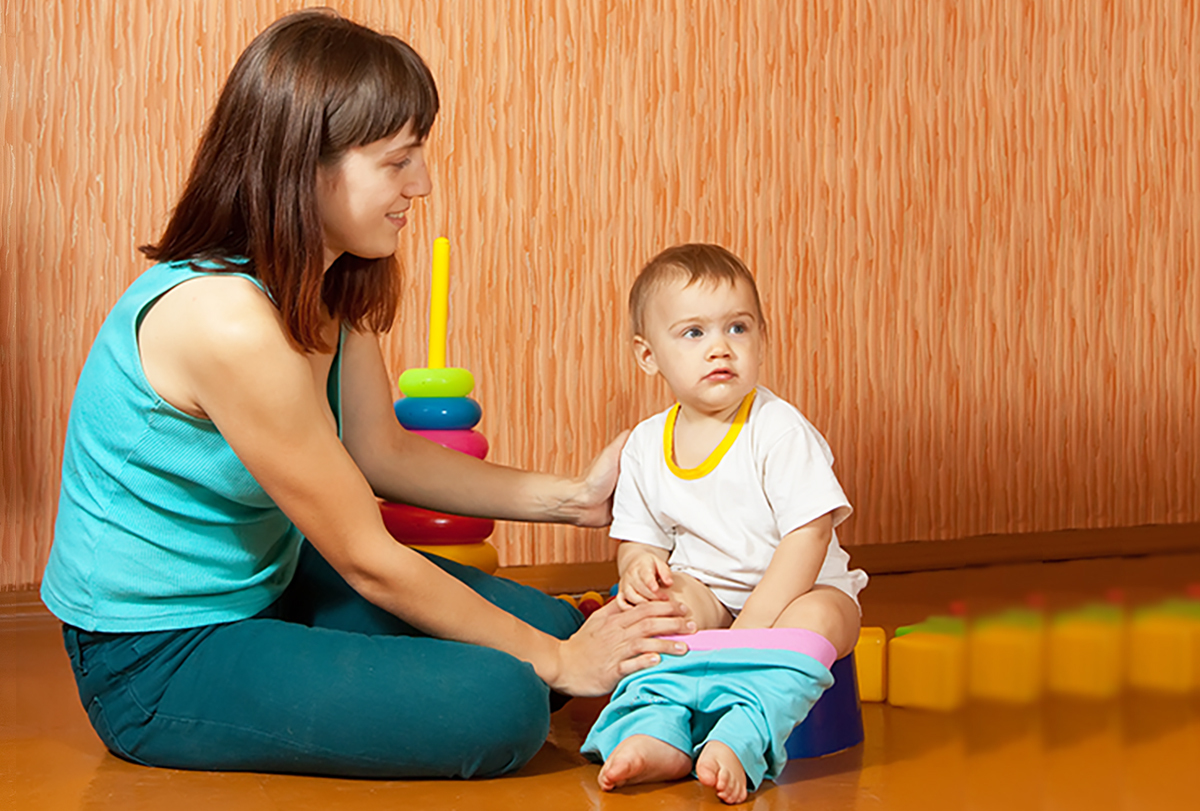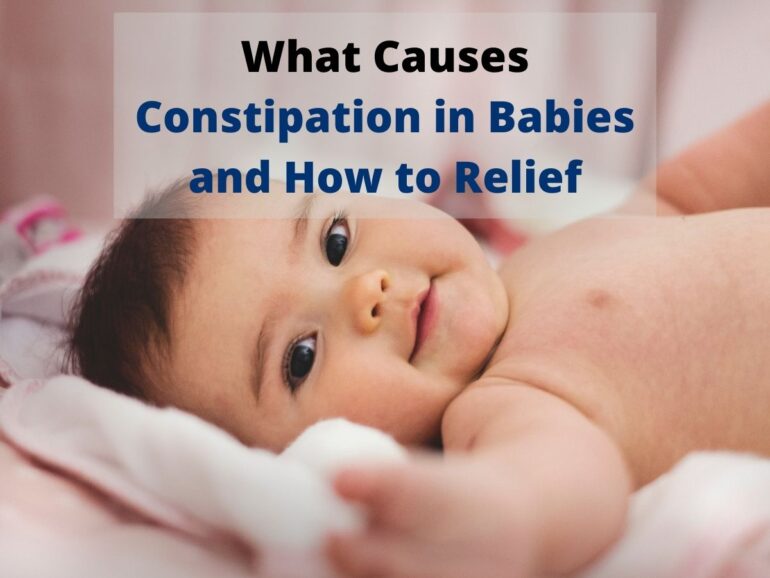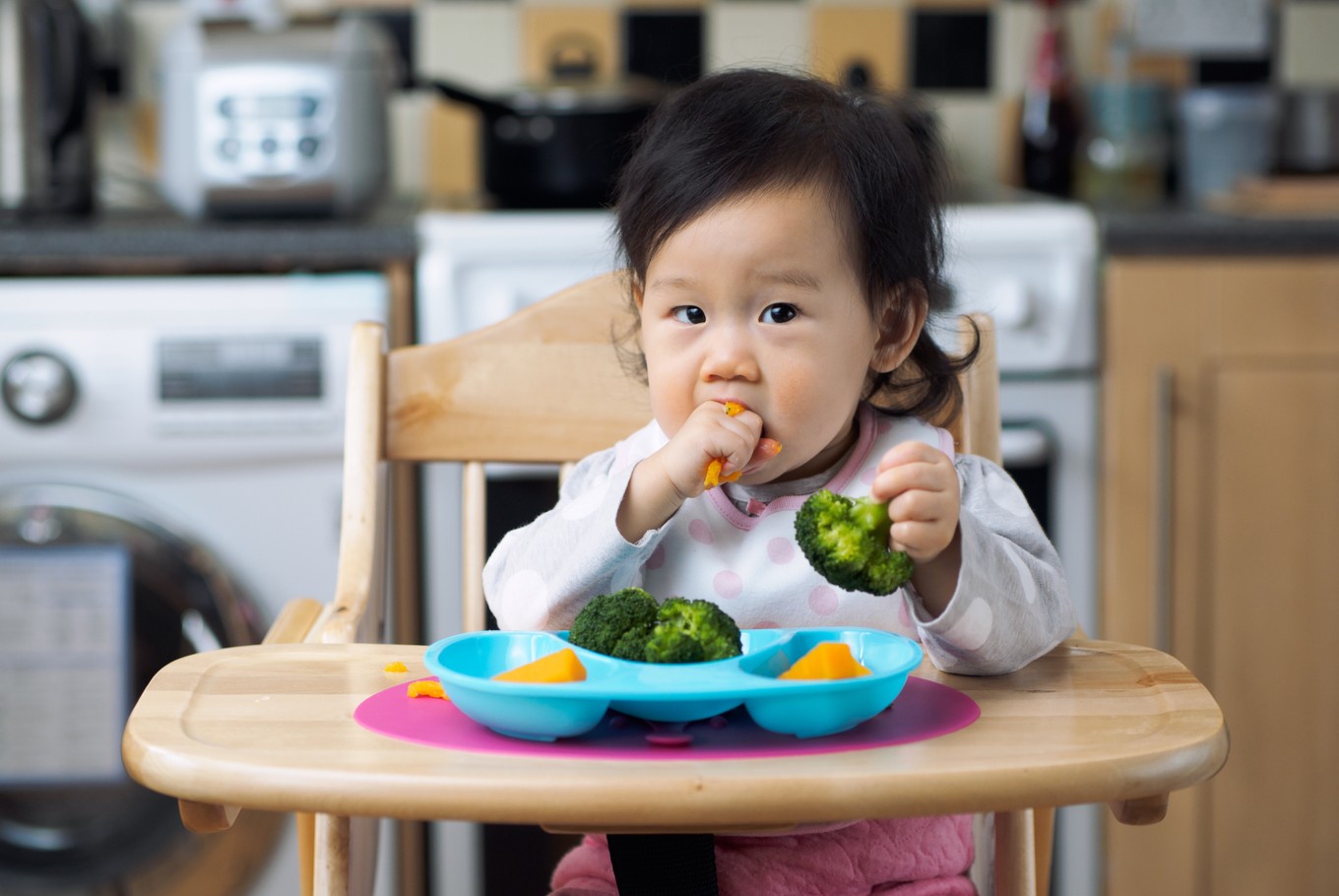A parent is likely to pay attention to their child’s every giggle, hiccup, and cry for clues about how they are doing physically. However, some symptoms of a problem can be more difficult to notice than other signs of a problem. For example, your baby’s bowel movements will change considerably throughout their life. Those alterations could be an indication that your baby is constipated from time to time.
It is not uncommon for babies to suffer from constipation. Constipated babies have infrequent bowel motions or faeces that are firm and dry. Early toilet training and dietary modifications are two common causes of constipation. In most situations, constipation in babies is just temporary, which is a good thing. Making modest dietary modifications, such as eating more fibre-rich fruits and vegetables and drinking more water, can go a long way toward relieving constipation in your child.
Continue reading to learn more about what causes constipation in babies, including the symptoms, causes, therapy, and other factors involved.
Symptoms of Constipation in Babies

It is possible that a newborn who exclusively consumes breast milk will not have bowel movements on a consistent basis. Almost the majority of the nutrients are absorbed regularly. This is a fairly regular occurrence. As a matter of fact, babies who just consume breast milk nearly never get constipation. In contrast, formula-fed newborns may have three or four bowel movements each day or once per few days, depending on their diet.
Regular bowel movement patterns in healthy babies, on the other hand, vary significantly and are greatly influenced by the type of milk taken, whether solids have been introduced, and which specific meals are consumed. Learning about the signs and symptoms of constipation might help you identify a potential problem before it becomes a big problem.
- Infrequent stools that are difficult to pass
- Straining more than normal to have a bowel movement
- Stools formed like small, hard small pebbles, stools that are soft and mushy; stools that are wide and large
- Liquid stool (like diarrhoea) that may be passing around solid stool that stays inside
- Abdomen (belly) swollen with gas
- Excruciating cramps
What Cause Constipation in Babies

A typical cause of constipation is when waste or stool passes too slowly through the digestive tract, resulting in a hard and dry stool. When a baby is approximately 6 months old, paediatricians generally advise parents to begin introducing a range of meals to their child. The type of excrement that your kid generates is mainly controlled by their food during the day. Constipation can be brought on by a range of different meals. Children’s nutritionists commonly recommend starting with the ABCs: applesauce, bananas, and breakfast cereal. A high intake of these foods, particularly rice cereal, can result in health concerns. The introduction of table foods may make it even more difficult to determine the source of constipation in your child.
Constipation in children can be caused by a variety of reasons, including the following:
- Withholding. The need to have a bowel movement may be ignored by your child because they are either terrified of the toilet or do not want to disrupt play. When children are away from home, some are reluctant to use public restrooms because they are uncomfortable with the idea of doing so. It is also possible that withholding is induced by painful bowel movements resulting from large, hard stools. If pooping causes discomfort, your child may strive to avoid having the unpleasant experience again.
- Toilet training issues. If you begin potty training your child too soon, they may become rebellious and refuse to use the toilet. It is possible that potty training will turn into a war of wills. A voluntary decision to resist the urge to poop will quickly become an involuntary habit that will be difficult to break.
- Allergy to cow’s milk. You may get constipation symptoms when you have a cow’s milk allergy or consume excessive dairy products (cheese and cow’s milk).
- Routine changes. Your child’s bowel function can be affected by changes in their routine due to travel, hot weather, or stress. Congestion is also more common in children who are just starting out at a new school outside of their home.
- Dietary changes. Constipation can be caused by a lack of fibre-rich fruits and vegetables in your child’s diet, as well as a lack of liquids in their diet. It is more likely that children will develop constipated when they switch from an all-liquid diet to one that includes solid foods when they first start out.
How to Treat Constipation in Babies
Change in Formula or Mom’s Diet
It is possible that a change in formula or in the diet of the mother can help alleviate constipation in formula-fed and breast-fed babies, respectively. While solid foods, which are typically the source of constipation, can also be beneficial in treating the condition. Several fruits and vegetables, such as pear and broccoli, as well as fruit juice and water, might assist your child in regaining their fitness routine. Consider consulting with your paediatrician before trying further treatments if a diet change does not help. The doctor may recommend rectal stimulation with a cotton swab or a rectal thermometer. Most of the time, this results in bowel movements occurring within a few minutes of the stimulation.
RELATED: 5 Best Milk Formula For Your Little One’s Nourishment In Malaysia
Dietary changes
In addition to the usual feedings, provide your baby with a small amount of water or a daily serving of 100 % apple, prune, or pear juice as a supplement. These juices include sorbitol, a natural sweetener that has laxative properties. Start with 2 to 4 ounces (approximately 60 to 120 millilitres) and experiment to see if your infant need more or less fluid than that amount. Pureed peas or prunes are excellent choices for babies starting to consume solid foods since they include more fibre than other fruits and vegetables. Whole wheat, barley, and multigrain cereals are all good choices because they contain more fibre than rice cereal.
RELATED: The Best 5 Organic Baby Food In Malaysia
Encourage exercise

Movement helps to speed up digestion, which in turn aids in the direction of things through the body at a faster rate. Leg bicycles may be helpful if your children can’t walk independently. If you gently massage your child’s stomach and lower abdomen, the bowels may be stimulated to pass a bowel movement. Massage your child multiple times during the day or until they have a bowel movement
Consult your paediatrician.

Consult with Paediatrician
If you are ever unclear or concerned about something, you should consult your child’s paediatrician. With the help of a few natural treatments, your child’s constipation will nearly always resolve itself. Consulting with your doctor for assistance or suggestions can be advantageous if none of the above tactics proves successful. You will also be assisted by your doctor in recognising other signs and symptoms (such as fever) that may suggest the presence of a more severe illness that requires medical attention and treatment.







